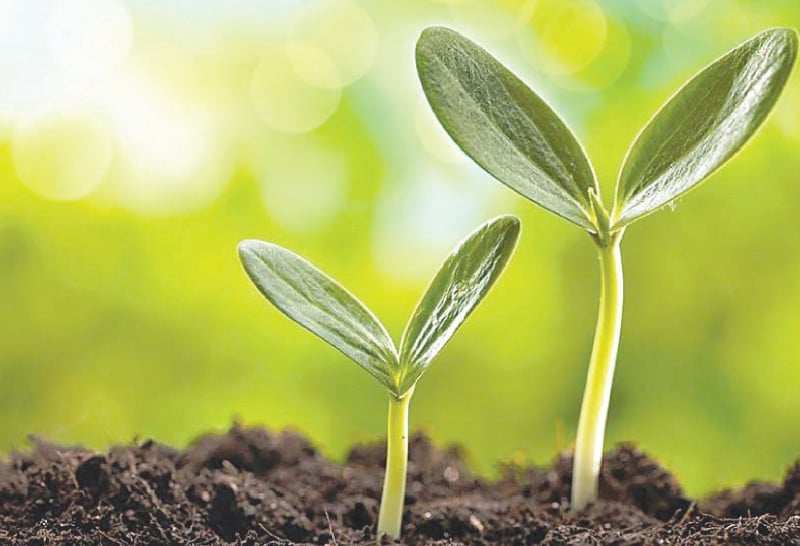
Experts have warned that salinity in soil and groundwater is taking a heavy toll on agricultural production in the country, which is causing losses to farmers and putting food security at risk.
The warning comes at a time when the fast changing climate globally has wreaked havoc in the shape of floods, droughts and heat waves in Pakistan and elsewhere, damaging crops and destroying livelihoods of many people.
The experts said salinity in soil and groundwater could indeed have detrimental effects on farm production as it could hinder plant growth and reduce crop yields.
They said in Sindh, where agriculture was a significant part of the economy, addressing salinity issues was crucial for sustaining crop productivity and ensuring food security.
These experts were sharing their views at a one-day training programme for farmers organised at the Sindh Agriculture University (SAU) under the aegis of Australian Research Council.
The objective of the event was to provide technical training to saline-affected farmers in the Indus Basin region of Sindh under the “Adapting to Salinity in the Indus Basin Project.”
The experts emphasised that measures such as improved irrigation practices, drainage systems and soil management techniques could help mitigate the impact of salinity in the region.
They suggested that the promotion of salt-tolerant crop varieties and implementation of policies to conserve water resources could also be useful and beneficial for combating the salinity challenges.
SAU Vice Chancellor Professor Dr Jan Muhammad Marri stated that negative impacts on agricultural production were being observed in Sindh due to salinity in soil and groundwater.
He stressed the importance of farmers’ training to make such land cultivable and cope with salinity. In terms of salinity, he added, Sindh was the most affected province of Pakistan.
Marri said the Australian project “Adapting to Salinity in the Indus Basin” would not only make farmlands cultivable through research and recommendations from agricultural and water experts but also enable all stakeholders to play an important role in rehabilitating severely saline-impacted lands and making them productive.
SAU Dean Faculty of Crop Production Dr Inayatullah Rajper said the effects of salinity existed in soil and water in all four provinces, particularly because of the use of non-prescribed fertilisers, thus necessitating technical assistance for the affected farmers.
Later on, during the technical session and training, various eminent agricultural experts including Dr Muneer Ahmed Mangrio, Dr Muharram Ali, Dr Jawed Umrani, Bhawani Shankar and others imparted training to a large number of farmers, who hailed from various districts of Sindh including Hyderabad, Tando Muhammad Khan, Jamshoro, Matiari, Sanghar, Badin and Tando Allahyar.
Published in The Express Tribune, March 9th, 2024.
Like Business on Facebook, follow @TribuneBiz on Twitter to stay informed and join in the conversation.



1719660634-1/BeFunky-collage-nicole-(1)1719660634-1-165x106.webp)

1732276540-0/kim-(10)1732276540-0-165x106.webp)















COMMENTS
Comments are moderated and generally will be posted if they are on-topic and not abusive.
For more information, please see our Comments FAQ